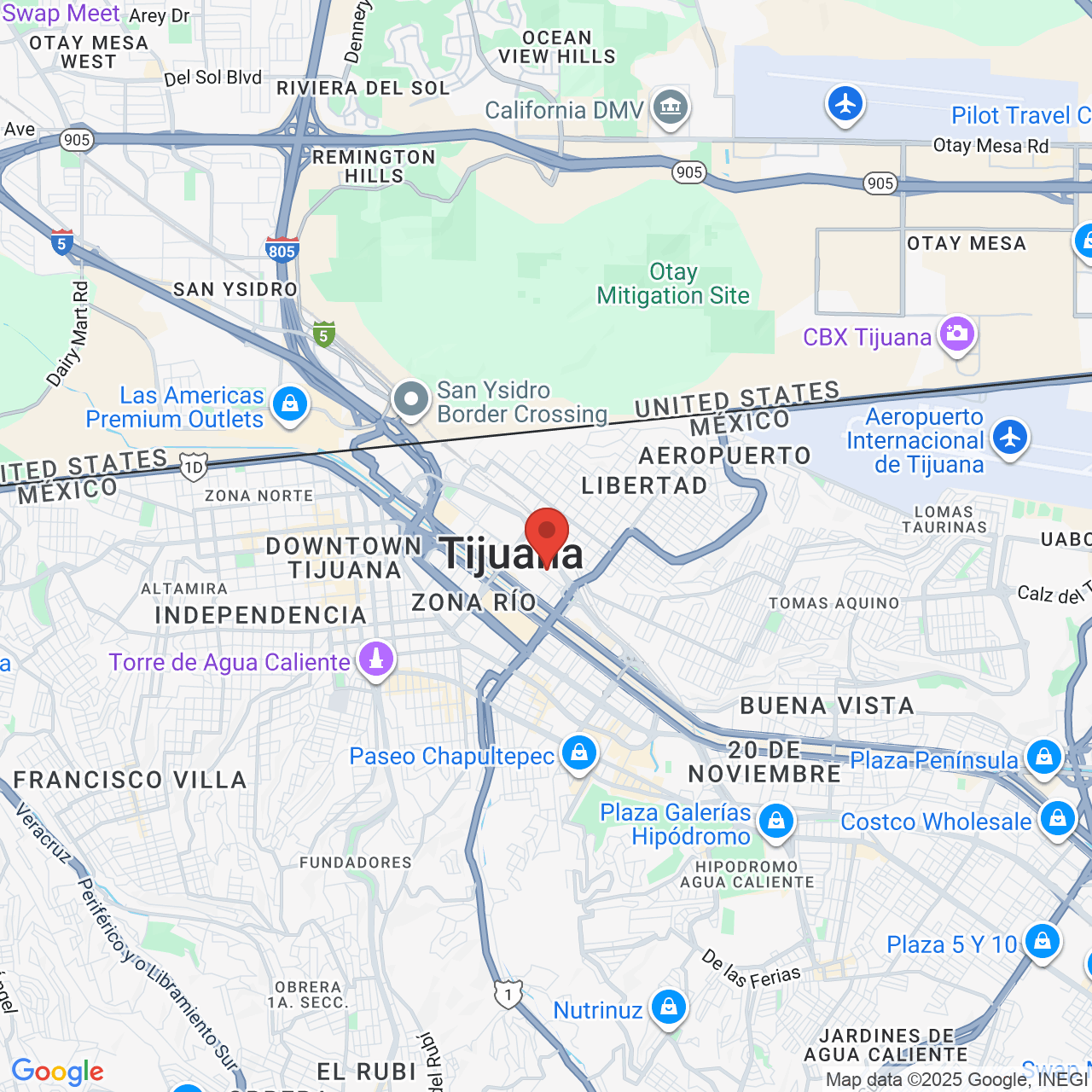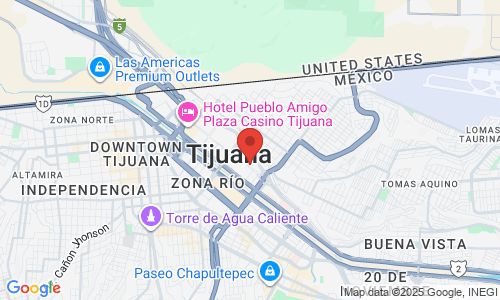Dumping Syndrome After Gastric Bypass: What it Is and How to Avoid it
 Losing weight can be extremely challenging. The more weight a person has to lose, the more difficult it tends to be to shed excess pounds. Medically obese individuals who fail to achieve their weight loss goals through diet and exercise sometimes turn to gastric bypass. Gastric bypass reduces the stomach’s size and reroutes the digestive tract to promote weight loss.
Losing weight can be extremely challenging. The more weight a person has to lose, the more difficult it tends to be to shed excess pounds. Medically obese individuals who fail to achieve their weight loss goals through diet and exercise sometimes turn to gastric bypass. Gastric bypass reduces the stomach’s size and reroutes the digestive tract to promote weight loss.
Gastric bypass is a safe and effective treatment but has potential side effects. Some people suffer from dumping syndrome after gastric bypass. Doctors at Oasis of Hope Bariatrics in Tijuana, Mexico, explain what dumping syndrome is and what gastric bypass patients can do to avoid it.
What Causes Dumping Syndrome?
Dumping syndrome results when food entering the stomach is “dumped” directly from the stomach into the small intestine without being digested. There are two types of dumping syndrome–early dumping and late dumping.
Early dumping occurs within 10 to 30 minutes of eating. Early dumping happens when the small intestines sense that the mass of food is too dense or concentrated. The intestines respond by shifting fluids from the bloodstream to the small intestines. Early dumping syndrome usually develops when a person eats fried foods or dairy products.
Late dumping typically occurs one to three hours after eating. Late dumping is a response to decreased sugar levels (reactive hypoglycemia). Reactive hypoglycemia is a response to a significant surge of insulin. Late dumping syndrome usually develops when a person eats foods high in sugars and starches.
Symptoms of Dumping Syndrome
Dumping syndrome can cause several uncomfortable symptoms. The symptoms of early and late dumping syndrome vary slightly. Symptoms of early dumping syndrome, which is the most common, include:
- Bloating
- Abdominal cramps
- Nausea or vomiting
- Heart palpitations or increased heart rate
- Dizziness or fainting
- Diarrhea
Symptoms of late dumping syndrome include:
- Heart palpitations
- Sweating
- Fatigue
- Tremors
- Aggression
- Fainting
Avoiding Dumping Syndrome
It is estimated that between 20 and 50 percent of gastric bypass patients experience dumping syndrome with varying severity. Fortunately, there are steps gastric bypass patients can take to avoid dumping syndrome or minimize dumping syndrome symptoms. Diet changes are the most effective way to manage dumping syndrome. We advise our Tijuana patients to adopt the following diet changes after gastric bypass:
- Refrain from drinking liquids with a meal or within 30 minutes after a meal
- Avoid simple carbohydrates such as those made with white flour and sugar
- Minimize consumption of fried foods
- Avoid dairy products if they cause issues
- Eat meals that include protein, fiber, and complex carbohydrates
- Eat six small meals throughout the day rather than three large meals
When to See a Doctor About Dumping Syndrome
Patients should report any dumping syndrome symptoms to their healthcare provider. Frequently, dumping syndrome symptoms are effectively managed with dietary changes. If changes are ineffective, it is vital to discuss the condition with a doctor. Some people require slow-release prescription medication to control dumping syndrome.
Contact Oasis of Hope Bariatrics
Oasis of Hope Bariatrics offers several bariatric surgery techniques to encourage fast and effective weight loss. If you are interested in learning more about gastric bypass or the other weight loss surgeries offered at our Tijuana clinic, send us a message and request a surgical consultation at your earliest convenience.








